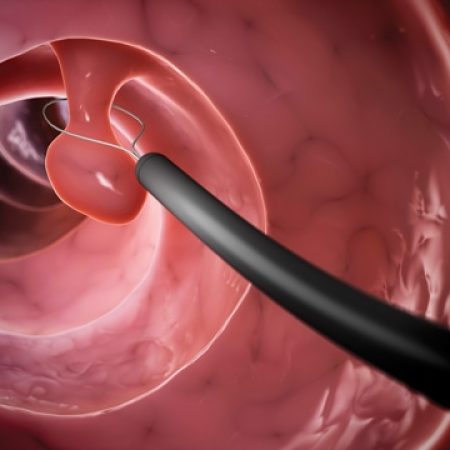Colonoscopy
About
Colonoscopy
Colonoscopy
A colonoscopy is one of the most common procedures used to detect abnormalities in the large intestine. It is a minimally invasive procedure that involves inserting a small, flexible tube with a camera attached into the rectum and then slowly pushing it through the colon. This allows doctors to take pictures of the inside of your colon and detect any potential issues or irregularities, such as polyps or cancerous growths. In this article, we’ll be exploring what a colonoscopy entails as well as how it’s performed and why it’s important.
What happens during a colonoscopy?
A colonoscopy is a medical procedure during which a doctor inserts a long, thin tube into the rectum and colon to examine the inside of the large intestine. The doctor may also take biopsies, or small samples of tissue, during the procedure. A colonoscopy is typically performed as a diagnostic test to investigate symptoms such as abdominal pain, bleeding from the rectum, or changes in bowel habits. It can also be used to screen for colorectal cancer.
Conclusion
A colonoscopy is an important test that can lead to early detection of certain diseases and conditions, ensuring a healthier life. The procedure itself is relatively painless and with the help of dedicated medical professionals, it can be safely completed in a few short hours. While undergoing a colonoscopy may seem daunting at first, understanding its purpose and risks will put your mind at ease and make the experience less intimidating overall.

Recovery after a colonoscopy
Most people feel better within a day or two of their colonoscopy. Recovery times vary from person to person. Some people may have cramping or bloating after the procedure. This is normal and should go away within a day or so. If you had sedation during your colonoscopy, you will need someone to drive you home. You should not drink alcohol for 24 hours after the procedure.